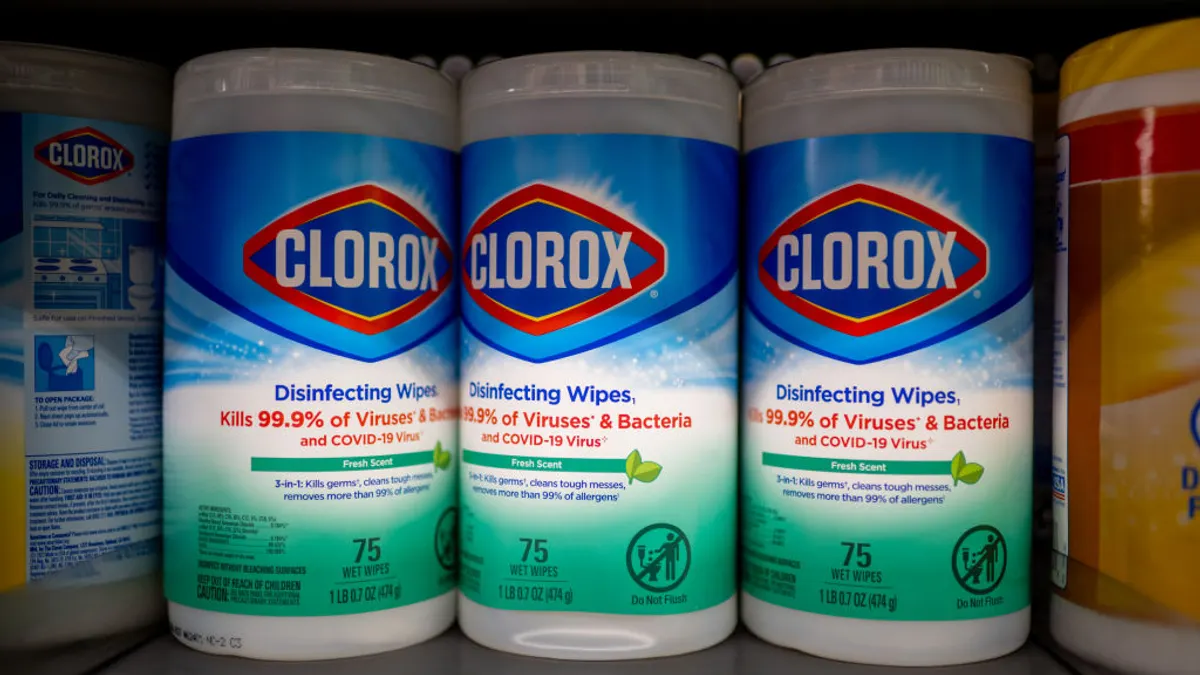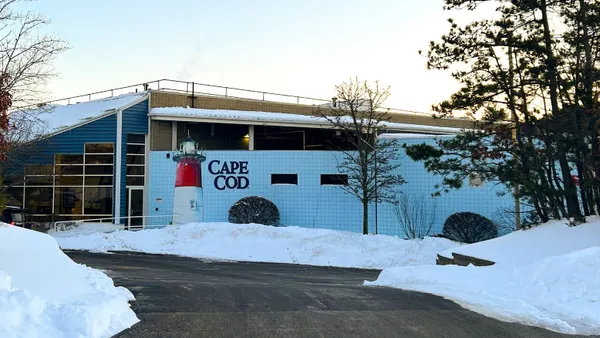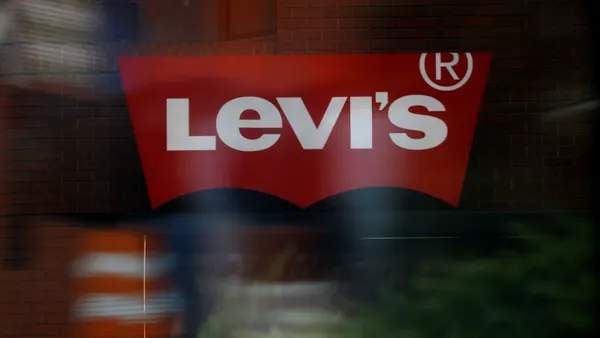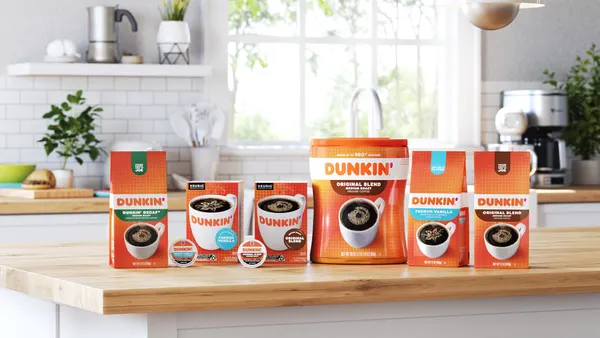Dive Brief:
- Clorox plans to start transitioning its U.S. supply chain and other business operations in July to a new ERP system, replacing decades-old technology and significantly boosting productivity, executives said at the dbAccess Global Consumer Conference on June 4.
- The cleaning products company expects the new system to provide real-time data visibility, better demand planning and "fundamentally modernize the backbone of our operations," EVP and CFO Luc Bellet said.
- "This is not just an ERP upgrade to the next set of software," CEO Linda Rendle said. "This is building a complete data infrastructure across the company."
Dive Insight:
Bellet acknowledged that ERP transitions are complex undertakings that are "fraught with risk," so Clorox has gotten ahead of potential problems in its supply chain by adding 1.5 weeks of inventory at retailers, which typically hold four weeks' worth of goods.
"This will really create a buffer and protect us from any out-of-stock," Bellet said.
The inventory build-up will cause temporary disruptions in the company's finances, Bellet said. Clorox will overstate organic sales by 2% to 3% in fiscal year 2025, which ends this month, and will understate sales by an equal amount in the next fiscal year, as retailers sell the additional inventory. Clorox expects its sales to return to normal by fiscal year 2027.
The company went live with global finance reporting and planning in the ERP in January. This will allow it to focus on the operational transition in July, Bellet said. Clorox will immediately move order fulfillment and management to the new platform, then transition its manufacturing facilities to the new system over the next six months.
The whole ERP project is a five-year, $500 million digitization effort that started in 2021. Clorox expects productivity gains in its supply chain to start in fiscal 2027, Bellet said.
ERP upgrades can be costly if they do not go smoothly. For instance, J&J Snack Foods lost $20 million in one quarter in 2022 due to production disruptions caused by an ERP transformation.
However, Clorox is confident it won't stumble during its own rollout for several reasons, Bellet said.
The company ran pilots of its ERP in Canada last summer that went "very well," according to the CFO. "There were no significant disruptions. But we've got a lot of learnings that we're embedding in our launch."
Clorox specifically learned from observing and working with its peers undergoing similar ERP transitions in addition to partnering with consultants and retail partners.
Recent ERP transitions by other manufacturers include Mondelēz International’s $1.2 billion initiative and Lamb Weston's North American operations shift last year.
"So while we're not necessarily proud to be kind of last to the game, that gives us a lot of benefits," Bellet said.















